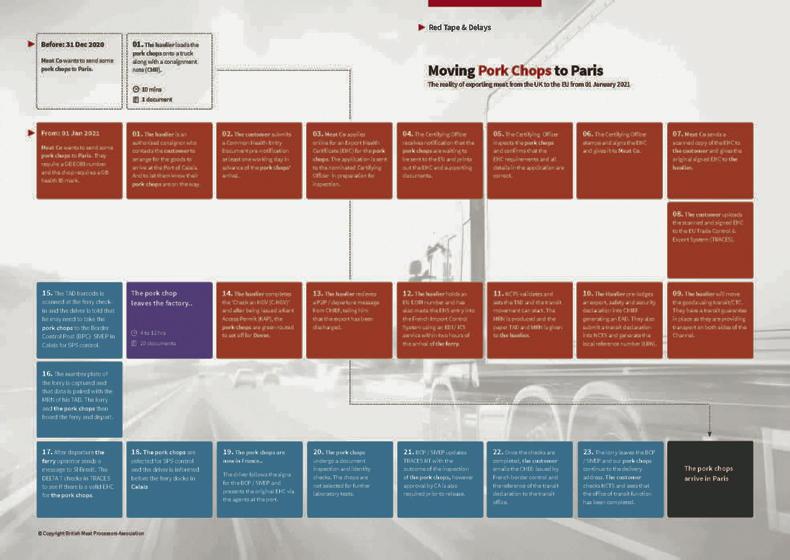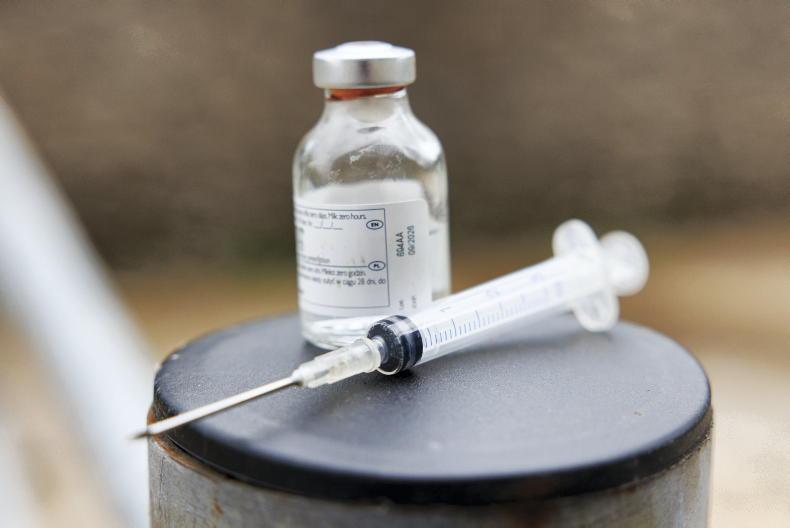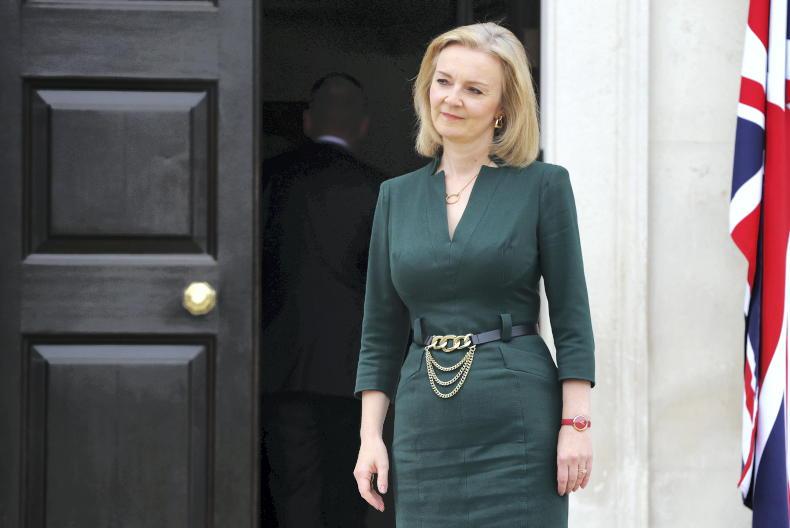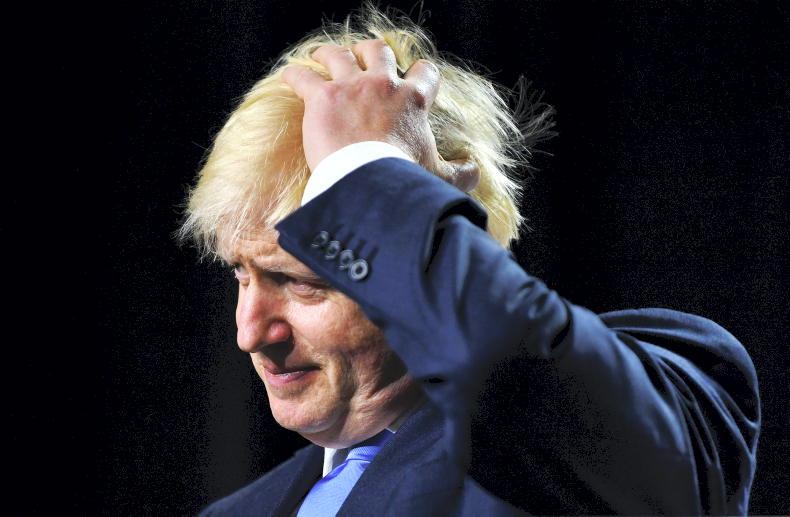Following the release of figures by the UK Food and Drink Federation which revealed that food and drink exports from Britain to the EU collapsed in January, the British Meat Processors Association (BMPA) has warned that costs of up to £120m (€140m) annually will make exporting prohibitive.
The association also published a step-by-step guide on the extra bureaucracy that is involved with exporting compared with when the UK was part of the EU single market.
Figure 1 shows that, before Brexit, sending a pork chop to Paris was a 10-minute administration procedure to create a consignment note to accompany the delivery.

Moving chops to Paris - BMPA
Now there are 14 different steps that take between four and 12 hours before the delivery can leave the factory.
There are then further steps before the delivery to the destination in the EU is complete, with the time required decided by whether or not the consignment is part of the 15% that are pulled in for physical inspection.
Not just teething problems
This is what BMPA considers to be the settled position after the initial teething problems and while large single delivery consignments can be moved and carry the extra red tape cost, it effectively closes the export market to smaller exporters.
The BMPA has tabled three recommendations to reduce the administrative burden of Brexit on exporters.
It believes that the cost of engaging a veterinarian for every health certificate is an unnecessary expense for what is a technical function.
If this duty could be reallocated, it would also free up scarce veterinary resources.
The second issue is that the process is almost entirely paper-based and could be streamlined significantly if it was moved to a digital base.
Finally, the BMPA is suggesting a close veterinary alignment similar to what Switzerland has with the EU.
This would eliminate the need for border inspections and creation of veterinary certificates to accompany each individual consignment.
Listen to Nick Allen describing the problems of British exporters and potential solutions here:
The experience of British exporters is avoided by Irish exporters simply because the UK hasn’t yet introduced full border controls.
The UK had been scheduled to introduce the certificate requirement on 1 April, followed by physical checks on 1 July.
These are now deferred until 1 October and 1 January 2022 respectively.
Irish exporters would be particularly keen for the third recommendation of the BMPA for veterinary to become a reality before Irish exports are exposed to full British border controls.
That remains a discussion and agreement that the EU and UK have to make within the framework of the trade and co-operation agreement special committees and the partnership council.
If a Swiss-type veterinary agreement could be put in place, it would solve the issue for both British and Irish exporters, with the added bonus of addressing many of the issues in the Northern Ireland protocol, a win all round.
Following the release of figures by the UK Food and Drink Federation which revealed that food and drink exports from Britain to the EU collapsed in January, the British Meat Processors Association (BMPA) has warned that costs of up to £120m (€140m) annually will make exporting prohibitive.
The association also published a step-by-step guide on the extra bureaucracy that is involved with exporting compared with when the UK was part of the EU single market.
Figure 1 shows that, before Brexit, sending a pork chop to Paris was a 10-minute administration procedure to create a consignment note to accompany the delivery.

Moving chops to Paris - BMPA
Now there are 14 different steps that take between four and 12 hours before the delivery can leave the factory.
There are then further steps before the delivery to the destination in the EU is complete, with the time required decided by whether or not the consignment is part of the 15% that are pulled in for physical inspection.
Not just teething problems
This is what BMPA considers to be the settled position after the initial teething problems and while large single delivery consignments can be moved and carry the extra red tape cost, it effectively closes the export market to smaller exporters.
The BMPA has tabled three recommendations to reduce the administrative burden of Brexit on exporters.
It believes that the cost of engaging a veterinarian for every health certificate is an unnecessary expense for what is a technical function.
If this duty could be reallocated, it would also free up scarce veterinary resources.
The second issue is that the process is almost entirely paper-based and could be streamlined significantly if it was moved to a digital base.
Finally, the BMPA is suggesting a close veterinary alignment similar to what Switzerland has with the EU.
This would eliminate the need for border inspections and creation of veterinary certificates to accompany each individual consignment.
Listen to Nick Allen describing the problems of British exporters and potential solutions here:
The experience of British exporters is avoided by Irish exporters simply because the UK hasn’t yet introduced full border controls.
The UK had been scheduled to introduce the certificate requirement on 1 April, followed by physical checks on 1 July.
These are now deferred until 1 October and 1 January 2022 respectively.
Irish exporters would be particularly keen for the third recommendation of the BMPA for veterinary to become a reality before Irish exports are exposed to full British border controls.
That remains a discussion and agreement that the EU and UK have to make within the framework of the trade and co-operation agreement special committees and the partnership council.
If a Swiss-type veterinary agreement could be put in place, it would solve the issue for both British and Irish exporters, with the added bonus of addressing many of the issues in the Northern Ireland protocol, a win all round.










SHARING OPTIONS